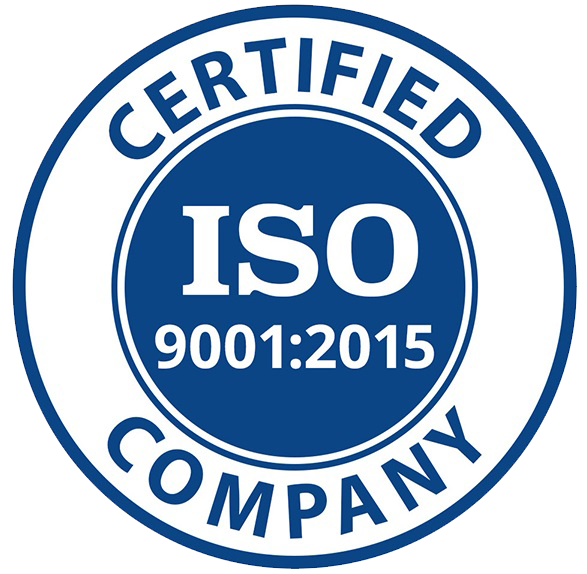Source: This article was originally published on Forbes
In the contemporary business landscape, the term “MSP” often triggers an immediate association with Information Technology (IT). This intuitive connection is well-founded, as Managed Service Providers (MSPs) for IT have become a widely accepted solution, particularly for small and midsized businesses (SMBs) grappling with resource limitations that hinder the effectiveness of IT in driving company growth.
This trend is underscored by the projected growth of the IT segment within the global managed services market, with an expected Compound Annual Growth Rate (CAGR) of 13.1% through 2030.
However, the applicability of the managed services model extends beyond the realm of IT, encompassing other crucial business functions. One such area is marketing, a core business function that transcends the mere sustenance of operations. Marketing shares IT’s pivotal role as a growth enabler within an organization. In smaller enterprises, the marketing function encounters challenges, trailing behind larger counterparts equipped with seasoned expertise, advanced technology, and specialized knowledge necessary for success. This discrepancy leaves smaller entities with limited options to bridge the gap.
Table of Content
Unlocking Marketing Potential with Managed Marketing Services
This article, penned by Natalie Nathanson, Founder & President of Magnetude Consulting, explores the potential application of the managed services model to the marketing domain. While the concept of addressing marketing gaps already exists as fractional marketing, the less-understood term, Nathanson introduces managed marketing services (MMS) as an option for organizations to consider seriously.
Address the gaps by gaining access to expertise and more
Similar to the evolution witnessed in IT, marketing has undergone significant changes over the past few decades. Technological advancements and the shift to digital have influenced the diversification of marketing roles. In smaller companies, the uber-specialization of modern marketing exacerbates skill and technology gaps, limiting the effectiveness of marketing efforts. The managed services model emerges as a solution, drawing on a full bench of expertise across all marketing specialties, providing on-demand flexibility to mitigate the risk of skill mismatches.
Scalability and flexibility are fundamental components
Establishing resources for an in-house marketing team can quickly become a costly endeavor. While an in-house team may address the company’s current skill and technology needs, the question arises: will it serve evolving requirements? Leveraging MMS can empower an SMB with the flexibility and scalability needed to respond to changes in the business and market dynamics.
As a managed service, the onus is on the provider to deliver best-in-class services continuously, maintaining, innovating, investing in, and growing their services to keep pace with the ever-evolving business landscape.
Achieving growth, ensuring clear goals, and utilizing measurable metrics are crucial.
Managed services providers typically offer service-level agreements (SLAs) that set clear expectations for the services being purchased. This includes definitions of deliverables, turnaround times, and performance metrics.
For marketing, growth outcomes become critical key performance indicators (KPIs) of the managed services relationship. Specific performance objectives, such as leads generating pipeline activity, revenue tied to lead sources, and ROI on programming, are examples against which efforts can be measured, ensuring a collaborative partnership.
Customization is vital for reaching goals
While marketing and IT align in their reasons for leveraging managed services, a notable difference emerges. Managed services for IT are often productized, offering standardized services.
In contrast, marketing demands customization in the mix of tactics applied to achieve its goals. Delivery for marketing services must be more flexible than pricing structures based on seats or users. Industry specialization of the provider becomes crucial to minimize learning curves and optimize outcomes.
Is MMS Right for Your Business?
Businesses should consider adopting managed marketing services (MMS) if they encounter the essential considerations presented below.
- Startups, High-Growth Companies, or Marketing Investment for the First Time: MMS can fast-track traction, offering strategic expertise to prioritize target markets, build go-to-market models, and determine an optimal mix of tactics.
- Predictable and Stable Lead Generation: For businesses with consistent lead generation, hiring a midlevel marketer dedicated to managing existing efforts may be more cost-effective. MMS can then be leveraged for more specialized needs such as search marketing, web development, or public relations.
- Evolving Offerings, Changing Market Focus, or Exploring New Directions: Companies undergoing rapid shifts in marketing needs may find a hybrid model beneficial. This involves hiring an internal junior or midlevel marketer to work collaboratively with an MMS partner, providing strategic guidance and tactical support.
How to find the right Managed marketing Services provider?
Discovering the right Managed Marketing Services provider involves exploring diverse approaches to outsourcing your marketing, dependent on your unique needs and existing structure.
It is crucial to conduct a rigorous evaluation and vetting process to identify the ideal MMS provider. Look for a partner with specific marketing expertise in your industry, the ability to seamlessly integrate and collaborate with your team, and a cultural fit. This chosen partner will play a pivotal role in steering your business growth.
Whether it’s termed fractional marketing, MMS, or by another designation, it’s imperative for businesses to acknowledge the potential of the managed services model for marketing. This innovative approach empowers SMBs and growth-stage companies to enhance their capabilities and compete at a level comparable to larger enterprises.




















Connect with us